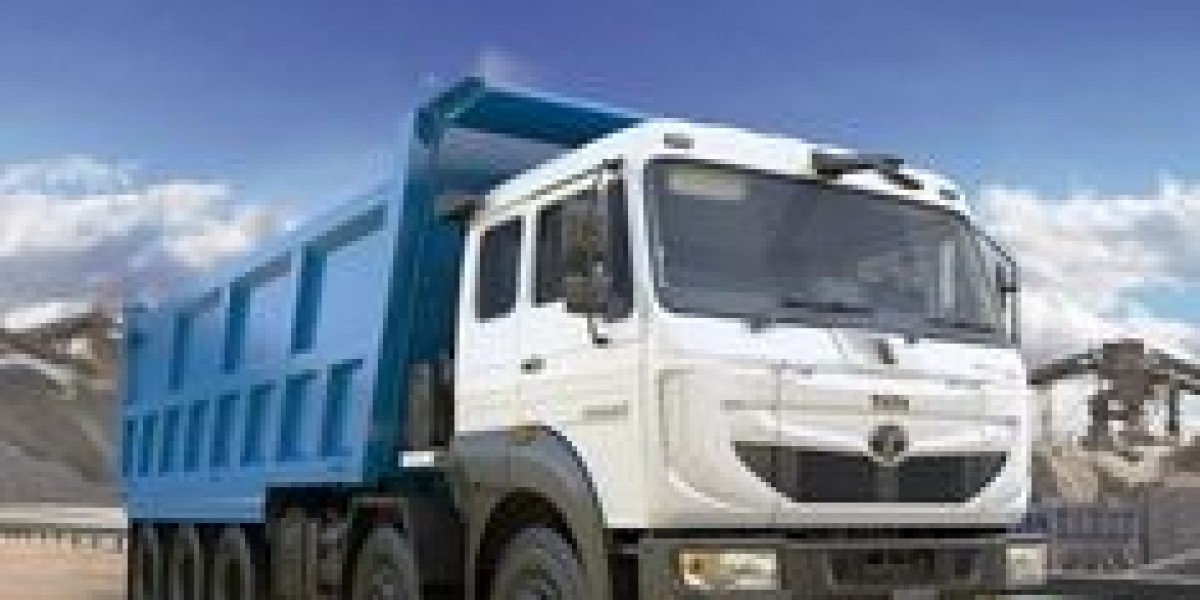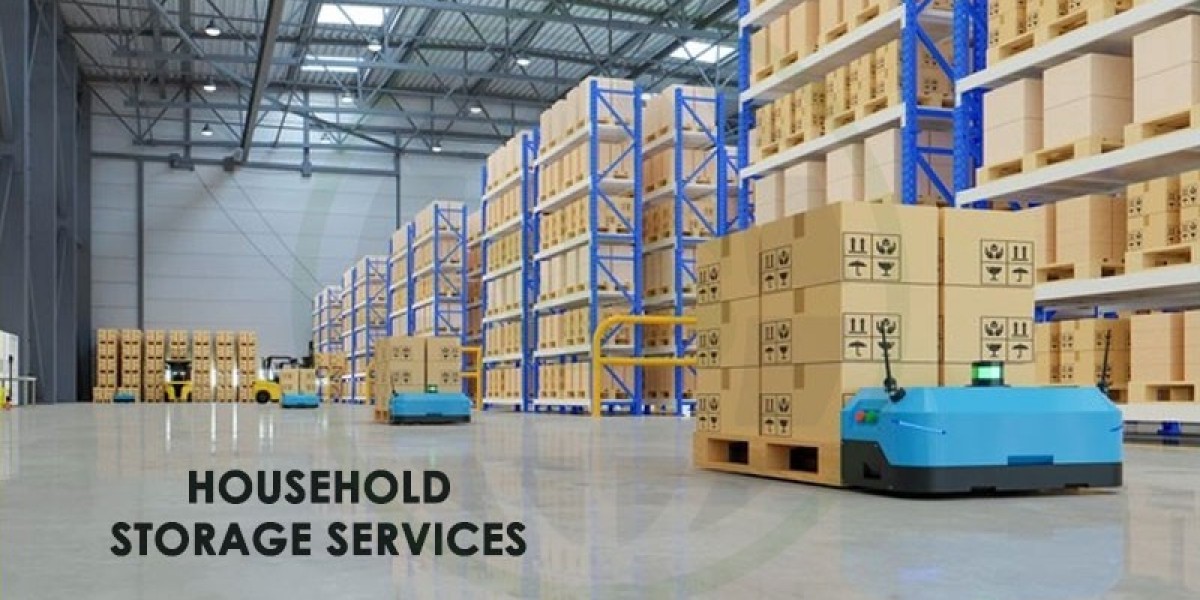Heavy commercial businesses in South Africa are crucial to the country's economy. It drives industrial growth, provides more employment, and supports the country's infrastructure development. These businesses typically include large-scale manufacturing, transportation, construction, and resource extraction industries. Here are the uses of heavy commercial companies in South Africa:
Mining
South Africa is rich in natural resources, including gold, platinum, diamonds, and coal. Heavy commercial vehicles in the mining sector extract, process, and distribute these minerals. The mining sector is a crucial driver of the economy and is supported by trucks for sale in South Africa, from mining equipment suppliers to transport logistics companies.
Transport and logistics
Heavy commercial vehicles play a significant role in transporting goods across the country and for export. Major ports in South Africa are key players in global trade. Heavy-duty trucks involved in port operations, warehousing, and international shipping support the import and export of goods. This includes the transportation of raw materials, consumer goods, and manufactured products.
Agriculture
Large-scale agricultural operations rely on heavy trucks for machinery, equipment, and supplies. Trucks are required in the agricultural sector to transport fertilisers, irrigation systems, and harvesting equipment. Food processing plants and distribution networks also need heavy trucks to function in the farm supply chain.
Africa exports various agricultural products, including citrus fruits, wine, and sugar. Heavy commercial vehicles support the processing and export of these goods.
Waste management
South Africa's heavy industries generate significant amounts of waste, including hazardous materials. Heavy-duty trucks are required for waste management, recycling, and environmental cleanup, which promotes the sustainable operation of heavy industries. Trucks transport recyclable materials from various collection points to recycling plants, including metals, plastics, paper, and glass.
Construction
South Africa extra heavy trucks provide critical construction industry services, from building materials to heavy-duty work. Major infrastructure projects, such as road construction, energy plants, and commercial developments, rely on heavy-duty trucks. Large-scale heavy commercial vehicles are involved in public and private infrastructure projects.
Retail and wholesale
Large retail chains and wholesalers rely on heavy commercial businesses to supply locally produced and imported bulk goods. Logistics, warehousing, and inventory management systems are key components of this supply chain. As e-commerce grows, heavy commercial enterprises provide the logistical infrastructure necessary for online retailers, including extensive distribution centres, transportation fleets, and delivery networks.
Energy sector
Heavy commercial vehicles transport fuel from refineries to fuel stations nationwide, ensuring that businesses' and individuals' energy needs are met. As South Africa invests in renewable energy projects like wind farms and solar plants, HCVs transport components like turbines, solar panels, and construction materials.
Conclusion
Heavy commercial businesses in South Africa contribute to the national economy by driving industrial development, improving infrastructure, providing employment, and facilitating trade. Their activities span various sectors, from manufacturing and mining to construction, transportation, and technology, making them a cornerstone of the country's economic structure.









